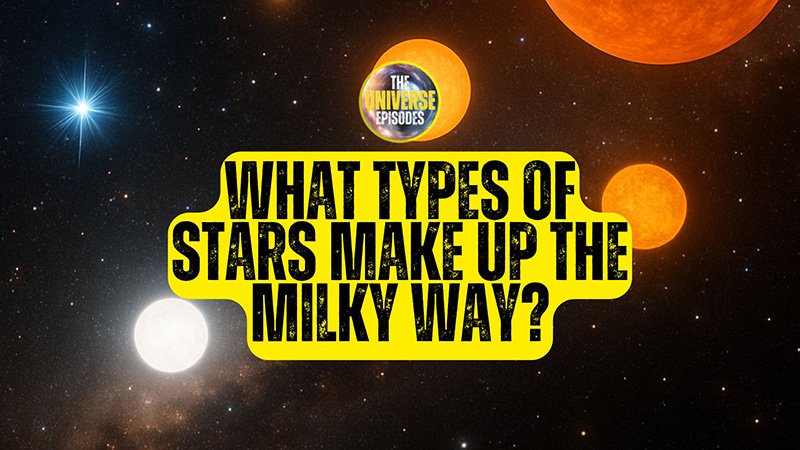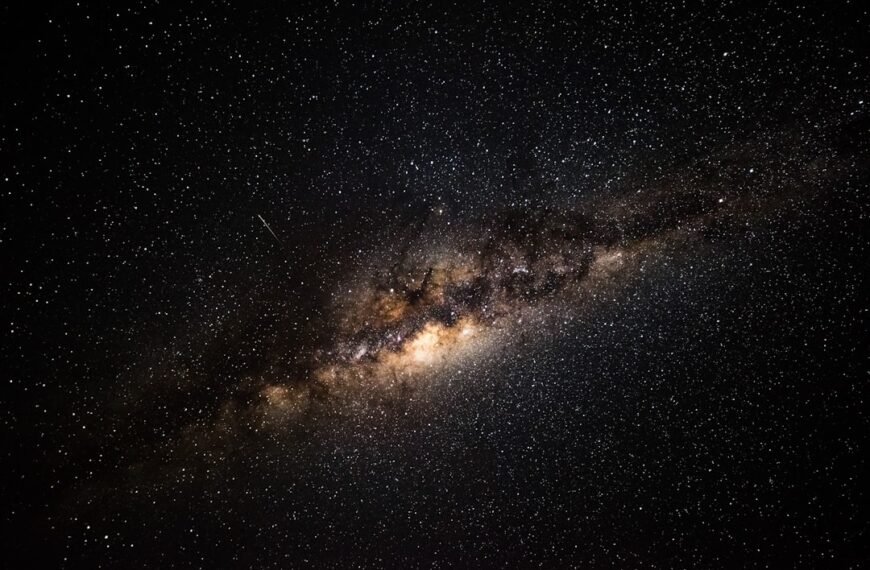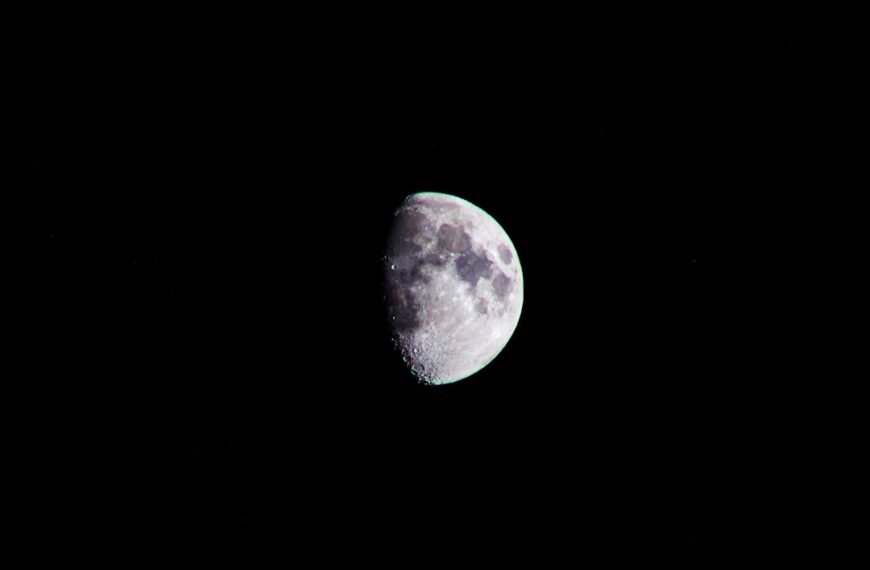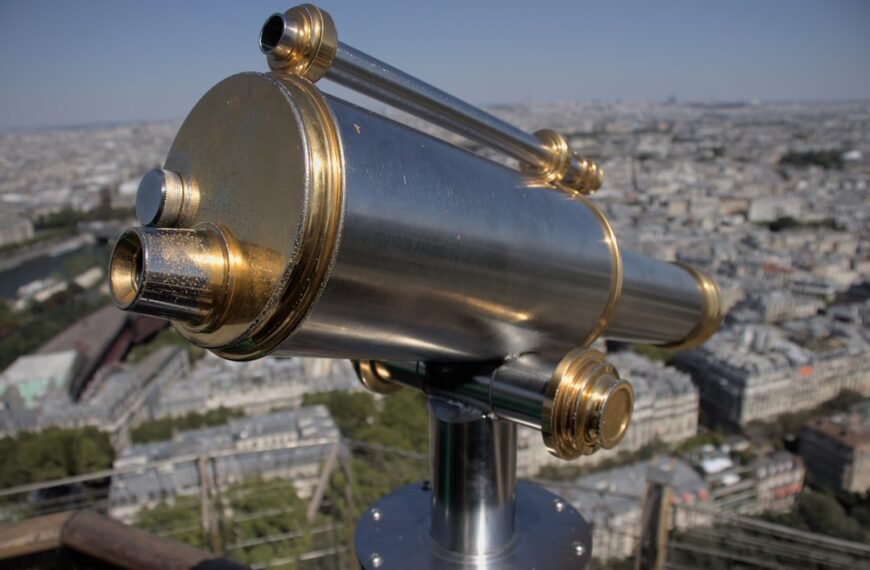استمع:
🔑 الوجبات السريعة الرئيسية
- النجوم تسقط فيOBAFGKM classes، مرتبة حسب درجة الحرارة واللون (ناسا).
- تهيمن على درب التبانةred dwarfs (M-type stars), which make up ~73–76% of its stellar population (ناسا / وكالة الفضاء الأوروبية).
- نادرة ولكنها مضيئةO and B starsمشاتل الطاقة النجمية وتنتهي كمستعرات أعظمية.
- تتطور النجوم إلىgiants, white dwarfs, neutron stars, or الثقوب السوداء، اعتمادا على الكتلة
- Populations I and II starsتكشف عن تاريخ تجميع مجرة درب التبانة ، التي تتبعها Gaia و "بصمات الأصابع" الكيميائية.
ما هي الأنواع الرئيسية للنجوم؟
 galaxy.” class=”wp-image-21681″/>
galaxy.” class=”wp-image-21681″/>Astronomers group النجوم حسب درجة حرارة سطحها, spectra, and luminosity. The Harvard system orders them as O, B, A, F, G, K, M.
- O-typeأزرق بنفسجي ، >30,000 كلفن ، الأكثر ضخامة.:
- B-typeأزرق-أبيض ، 10,000-30,000 كلفن.:
- A-typeأبيض / أزرق أبيض ، 7,500-10,000 كلفن.:
- F-typeأصفر أبيض ، 6,000-7,500 كلفن.:
- G-typeأصفر: (Sunالفئة) ، 5,200-6,000 كلفن.
- K-typeبرتقالي ، 3,700-5,200 كلفن.:
- M-type: الأقزام الحمراء، <3,700 ك.
This classification was pioneered by Annie Jump Cannon, who cataloged 225,000 النجوم in the early 1900s. Cecilia Payne-Gaposchkin later proved that stellar spectra depend mainly on temperature, not composition (ويكيبيديا).
التصنيف النجمي مقابل أنواع النجوم: ما الفرق؟
- Stellar classification = scientific taxonomy (OBAFGKM + luminosity).
- Types of stars= الفئات التي يستخدمها الأشخاص (التسلسل الرئيسي ، العمالقة الحمراء ، الأقزام البيضاء ، إلخ).
For example, سيريوس أهوA1V main-sequence star, while Sirius B is a white dwarf. Together they form a binary system visible even to backyard telescopes (LCO Global).
كيف يشرح مخطط H-R أنواع النجوم
The Hertzsprung–Russell diagram is خريطة علم الفلك of stellar life:
- Main sequence: ~90% of stars (ناسا).
- Giants/supergiants:مضيءبرد، النجوم المنتفخة.
- White dwarfsبقايا نجمية ساخنة ولكن باهتة.:
Plotting a نجم here reveals its mass, luminosity, and evolutionary stage. For instance, the Sun sits in the middle of the main sequence, while Rigel shines as a blue supergiant high above.
ما هي أنواع النجوم التي تهيمن على مجرة درب التبانة؟
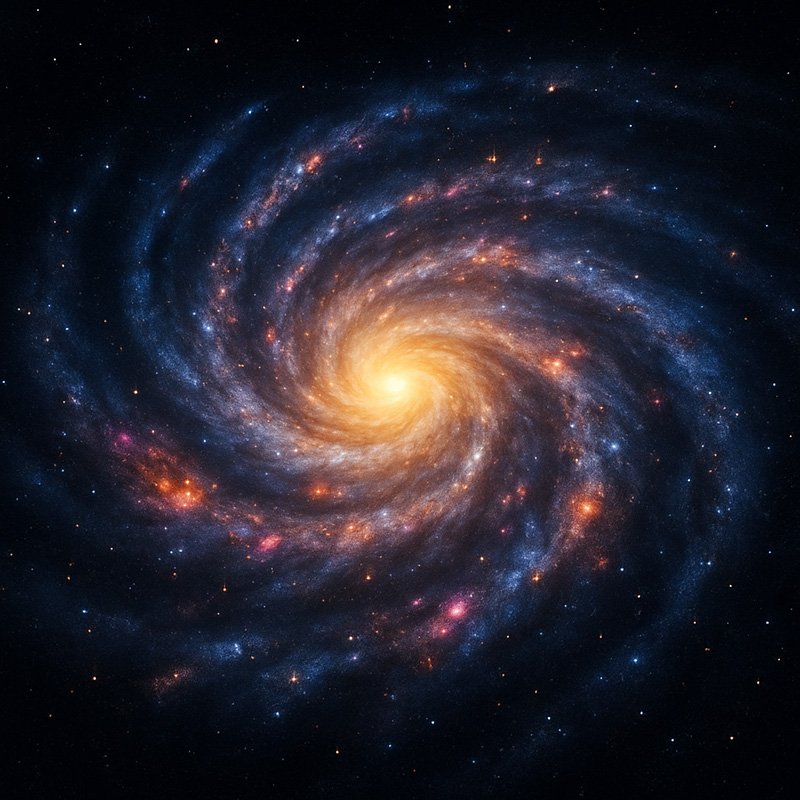
The تحتوي مجرة درب التبانة على 100-400 مليار نجم, but the mix is skewed:
- M dwarfs: ~73–76% (ناسا / وكالة الفضاء الأوروبية; إيرث سكاي).
- K dwarfs: ~12–13%.
- G dwarfs: ~6–7.6%.
- F dwarfs: ~3%.
- A dwarfs: ~0.6%.
- B dwarfs: ~0.13%.
- O dwarfs: ~0.00003%.
👉 Our naked-eye view is biased. The النجوم we see—Rigel, Betelgeuse, Vega—are the rare giants, not the faint red dwarfs that actually dominate.
الأقزام الحمراء: أكثر أنواع النجوم شيوعا
- Temperature: <3,700 K.
- Mass: 0.08-0.5 كتل شمسية.
- Lifespanتريليونات السنين (ناسا).
- Examplesبروكسيما سنتوري، بارنارد:نجم.
Red dwarfs are fully convective: hydrogen circulates throughout, allowing them to use nearly all their fuel. This efficiency is why they live so long.
But they also flare violently, producing bursts of radiation that may strip atmospheres from orbiting planets (إيرث سكاي). This duality makes them fascinating targets in the البحث عن الحياة.
Giants, Supergiants, and Rare Types of Stars
- Red giantsتشبه الشمس:النجوم that expand after hydrogen runs out.
- Supergiantsضخم ، مشرق ، قصير العمر (على سبيل المثال ، منكب الجوزاء ، ريجل).:
- Wolf–Rayet starsنجوم O مجردة من الرياح القوية ، ~ 1,200 معروفة في مجرة درب التبانة (أركسيف).
- الكربون والنجوم S: نجوم غريبة ذات جزيئات غريبة.
These luminous outliers are rare but crucial: their supernovae enrich فضاء with heavy elements like carbon and iron, essential for planets and life.
التطور النجمي: من الولادة إلى الموت
تعيش النجوم حياة يمكن التنبؤ بها على أساس الكتلة:
- Sun-like starsالتسلسل الرئيسي → العملاق الأحمر → سديم الكواكب → القزم الأبيض.:
- Massive starsO / B → Supergiant → Supernova → نجم نيوتروني:أسودثقب.
- Exampleأعطى SN 1987A في سحابة ماجلان الكبيرة:علماء الفلكمنظر مباشر للموت المتفجر لنجم ضخم.
Betelgeuse, a red supergiant only 650 light-years away, may go مستعر أعظم خلال ال 100,000 سنة القادمة - كوني “soon.”
التعددية: نادرا ما تعيش النجوم بمفردها
The Sun is unusual. At least 30–50% of stars are in binaries (ناسا).
- Sirius system: Bright Sirius A + faint whiteقزم سيريوس ب.
- Alpha Centauri: G2V + K1V + red dwarf Proxima.
- M-dwarfs: ~27% have companions (أركسيف).
Binary systems are vital tools: orbital mechanics let علماء الفلك weigh stars with precision.
علم آثار المجرة: السكان الأول والثاني
- Population Iنجوم شابة غنية بالمعدن في القرص (الشمس ، نجوم O / B).:
- Population IIالنجوم القديمة الفقيرة بالمعادن في الهالة والانتفاخ ، ~ 11-13:مليار سنة.
- Thick disk stars: Intermediate, created during a merger ~8–11 billion years ago (Gaia-Enceladus-Sausage).
Chemical ratios like [α/Fe] act as “galactic clocks,” telling astronomers how fast stars formed. High [α/Fe] = rapid starburst (halo). Low [α/Fe] = long, steady star formation (disk).
Data from the Gaia mission has revealed streams of stars—the debris of dwarf المجرات التي تستهلكها مجرة درب التبانة. The مجرة is still a work in progress.
منظور مباشر: مراقبة أنواع النجوم
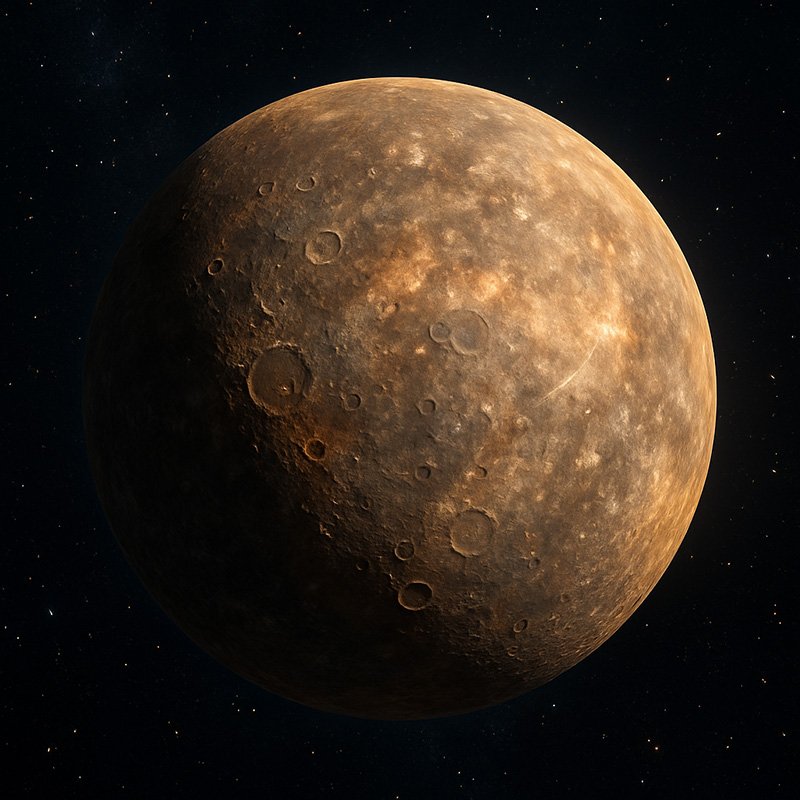 space background dotted with faint stars and various types of stars.” class=”wp-image-21679″/>
space background dotted with faint stars and various types of stars.” class=”wp-image-21679″/>Through مناظير, I first saw the Orion Belt: blue-white stars Alnitak, Alnilam, and Mintaka—all massive O/B stars. Later, in a مقراب, I was struck by Betelgeuse, glowing orange-red against Orion’s shoulder.
But when I compared my الملاحظات with data, I learned that the true majority—red dwarfs—are invisible without instruments. This experience taught me that علم الفلك is a blend of human wonder and scientific correction.
لماذا "الكتلة هي القدر" في الأنواع النجمية
تملي كتلة النجم:
- Color(أزرق O مقابل أحمر M).
- Lifespan(الملايين مقابل تريليونات السنين).
- Fate(القزم الأبيض ضد.النجم النيوترونيمقابل.الثقب الأسود).
As ناسا puts it, mass is the master key of stellar evolution.
أسئلة وأجوبة حول أنواع النجوم
ما هي 7 أنواع رئيسية من النجوم؟
The spectral classes: O, B, A, F, G, K, M (ويكيبيديا).
ما هو أكثر أنواع النجوم شيوعا في مجرة درب التبانة؟
M-type red dwarfs, making up ~73–76% (ناسا / وكالة الفضاء الأوروبية).
هل يمكننا رؤية الأقزام الحمراء بالعين المجردة؟
No—even Proxima Centauri, the closest star, is too faint (إيرث سكاي).
أي نوع من النجوم هي الشمس؟
The Sun is a G2V yellow dwarf (ناسا).
ماذا يحدث عندما تموت النجوم الضخمة؟
They explode as supernovae, leaving behind neutron stars or black holes (ناسا).
استنتاج
The مجرة درب التبانة مبنية من مليارات النجوم, but their mix is counterintuitive. The سماء الليل نرى is rare and misleading—dominated by bright but scarce O, B, and A stars. The real galaxy is hidden: an ocean of faint, long-lived red dwarfs.
By studying the types of stars, لا يصنف علماء الفلك الأجرام السماوية فحسب ، بل يعيدون أيضا بناء مجرة درب التبانة violent, dynamic past. From ancient Population II halo stars to newborn O-stars in Orion, every stellar type is a piece of our غالاكسي living history.

